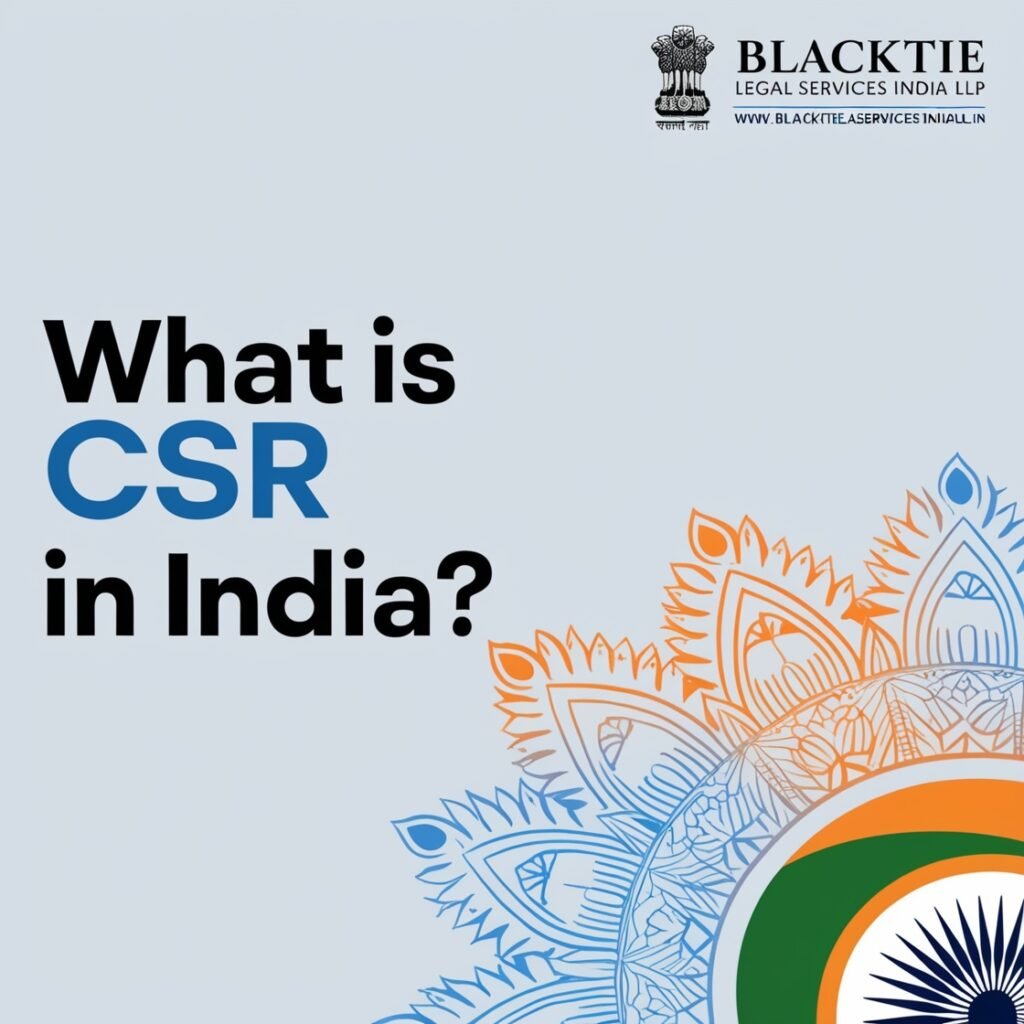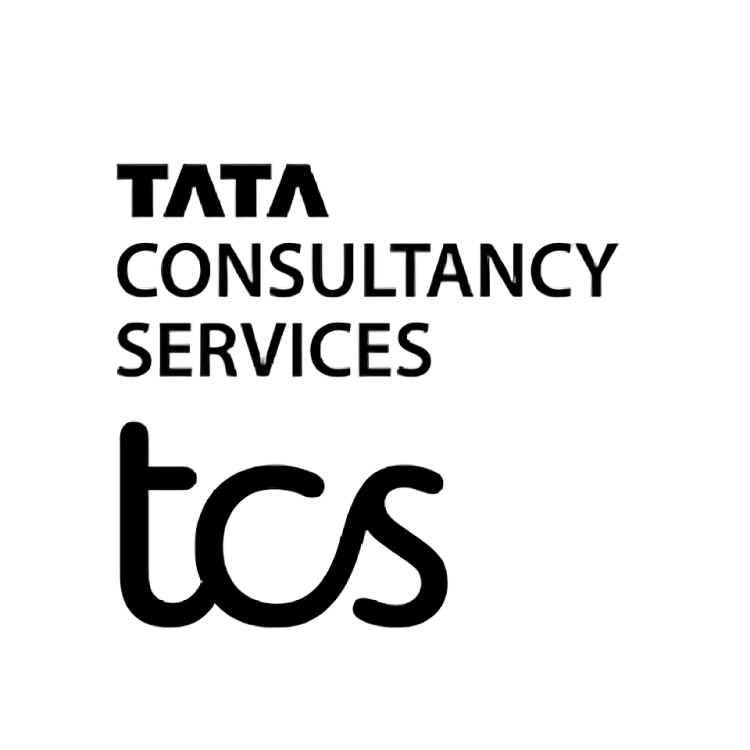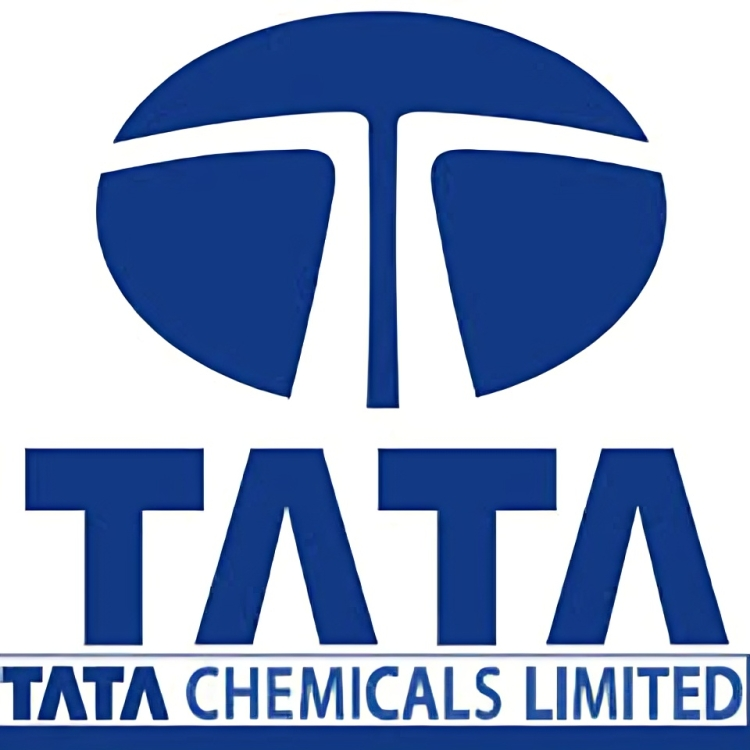In this blog, we will talk about the top 10 CSR companies in India that are playing a vital role in the social and environmental well-being of the country. These companies are setting exemplary standards in terms of how businesses can make a difference and contribute to the greater good.
In recent years, Corporate Social Responsibility (CSR) has become an important aspect of business operations in India. Leading companies are increasingly focusing on giving back to society not only through charitable donations but also by integrating sustainability, community advancement, and environmental protection into their core business strategies.
- What is the CSR in India?
- What is the Full Form of CSR?
- What are the Top 10 CSR companies in India?
- 1. Infosys
- 2. ITC Limited
- 3. Reliance Industries
- 4. Tata Consultancy Services
- 5. Tata Steel
- 6. Wipro
- 7. HDFC Bank
- 8. Hindustan Zinc
- 9. Mahindra & Mahindra
- 10. Tata Chemicals
- Conclusion:
- FAQs
- Q1. Which company has the highest CSR in India?
- Q2. What is the theme of CSR for 2024-25?
- Q3. Which Indian state has the highest CSR?
- Q4. What is the future of CSR in India?
- Q5. Who is the founder of World CSR Day?
- Q6. Which company is No. 1 in CSR?
- Q7. What are the four models of CSR?
- Q8. What is the CSR limit in India?
- Q9. What is the current CSR in India?
- 10. What is the rank of India in CSR 2024?
What is the CSR in India?
Corporate Social Responsibility (CSR) in India refers to a company’s commitment to act in a socially, financially and environmentally sustainable manner while recognizing the interests of its stakeholders. The concept received formal recognition in India under the Companies Act, 2013.
1. Eligibility: Applies to companies that have.
Net worth ≥ ₹500 crore, or
Turnover ≥ ₹1,000 crore, or
Net profit ≥ ₹5 crore.
2. Activities: It includes poverty alleviation, education, health care, environmental sustainability and disaster relief, as listed in Schedule VII of the Act.
3. Implementation: To be done directly or through NGO and participatory means.
4. Reporting: CSR activities and expenditures should be reported in the annual report.
CSR Form 1 Contact Our Expert Legal Adviser

What is the Full Form of CSR?
The full form of CSR is Corporate Social Responsibility, which refers to a company’s responsibility to play a role in the sustainable development of society by providing monetary, social and environmental benefits to it. It represents a company’s commitment to ethical practices and giving back to the community by aligning business operations with broader social goals.
What are the Top 10 CSR companies in India?
1. Infosys
2. ITC Limited
3. Reliance Industries
4. Tata Consultancy Services
5. Tata Steel
6. Wipro
7. HDFC Bank
8. Hindustan Zinc
9. Mahindra & Mahindra
10. Tata Chemicals
1. Infosys
Infosys, a leading IT services company, is known for its impressive and consistent CSR activities carried out through the Infosys Foundation. The foundation focuses on uplifting the underprivileged, promoting education and advancing sustainable development.
1. Education: Scholarships, infrastructure for schools and promotion of education.
2. Health maintenance: building hospitals, funding medical research, and rural health programs.
3. Environment: Afforestation, water conservation and carbon neutrality initiatives.
4. Rural development: Improving infrastructure, sanitation and skill development.

2. ITC Limited
ITC Limited, a leading Indian conglomerate, is well-known for its impressive CSR programs that focus on sustainable development and community welfare. Here are some of the highlights.
1. E-Choupal: Internet-based support for 4+ million farmers across 35,000 villages.
2. Afforestation: Greened 9.5+ lakh acres, creating tribal livelihoods.
3. Primary education: Improvement in rural school infrastructure and literacy, focus on girl education.
4. Water Conservation: More than 1,300 villages were benefited through water conservation projects.
5. WOW Programme: Promotes waste recycling and sustainable waste management.
6. Skill Development: More than 75,000 rural youth are trained for employment.
7. Health and Sanitation: Rural toilets were constructed, and health camps were organized.
3. Reliance Industries
Reliance Industries Limited (RIL) is one of India’s largest and most prominent conglomerates, with a vital role in corporate social responsibility (CSR). RIL’s CSR initiatives focus on various sectors, including education, healthcare, rural advancement and environmental sustainability.
1. Rural Development: Empowering rural communities with education, infrastructure, and agricultural programs.
2. Healthcare: Providing access to healthcare through Dhirubhai Ambani Hospital and health camps.
3. Education: Supporting digital education and scholarships like the Dhirubhai Ambani Scholarship Programme.
4. Environmental Sustainability: Promoting clean energy, water conservation and waste management.
5. Disaster relief: Providing assistance during natural disasters, providing food, shelter and medical aid.
4. Tata Consultancy Services
Tata Consultancy Services (TCS), part of the Tata Group, is one of India’s largest IT services companies. It has a strong record of contributing to social and environmental causes through its corporate social responsibility (CSR) initiatives.
1. Education and skill development: Programmes like Tata Strive and TCS Ion focus on vocational training and digital education for youth.
2. Healthcare: Supports access to telemedicine, mental health, and rural health care.
3. Environment: Promotes green IT, renewable energy projects, and sustainable resource management.
4. Community development: Work on rural infrastructure, water access and disaster relief.
5. Women’s Empowerment: Supports gender equality and women’s leadership programs

5. Tata Steel
Tata Steel focuses on several key areas for its CSR activities.
1. Rural Development: Through Tata Steel Rural Development Society (TSRDS), it empowers rural communities with education, skill development and livelihood programmes.
2. Education: Initiatives like the Jubilee Park Education Programme aim to advance education and provide scholarship and vocational training.
3. Health Services: Tata Steel provides mobile health services, medical camps and health facilities to the underprivileged society.
4. Environmental Sustainability: The company focuses on reducing its environmental impact with energy-efficient technologies, afforestation, and water conservation.
5. Livelihood: Skill development programmes and vocational training help marginalized communities, especially women and youth, to become self-reliant.
6. Wipro
Wipro Limited is one of India’s leading multinational corporations in the information technology (IT), consulting and process services sector. The company is also known for its strong commitment to Corporate Social Responsibility (CSR) and has made significant contributions to various social, educational and environmental sectors.
1. Education: Initiatives such as Wipro Cares and Wipro Applying Thought in Schools (WATS) aim to improve the quality of education and teacher training in underprivileged areas.
2. Health and Wellness: Wipro supports access to healthcare through mobile units, medical camps, and partnerships to improve rural healthcare.
3. Environment: The company promotes sustainability with initiatives in energy conservation, water management and afforestation.
4. Skill Development: Mission 10X provides training to enhance technical and soft skills for the employability of youth.
5. Community Development: Wipro’s projects focus on empowering communities through education, healthcare and sustainable livelihoods.
7. HDFC Bank
HDFC Bank is a leading private sector bank in India known for its impressive CSR initiatives. Its key focus areas are.
1. Education: Through the Parivartan initiative, the Bank supports underprivileged children and schools and improves rural education.
2. Health Care: Programmes like Health for All provide medical aid and support maternal health and infrastructure.
3. Rural Development: HDFC Bank supports rural livelihoods by providing microfinancing and support to small farmers.
4. Environment: The Bank is engaged in tree plantation, water conservation and waste management projects.
5. Skill Development: It promotes financial literacy and skill-building for women and youth.

8. Hindustan Zinc
Hindustan Zinc Limited (HZL), a subsidiary of Vedanta Limited, is one of India’s leading companies in the mining and metallurgy business, particularly in the production of zinc. The company is also highly recognized for its Corporate Social Responsibility (CSR) initiatives, which focus on various areas of community development and environmental sustainability.
1. Education: Providing scholarships, building schools and promoting digital education.
2. Health Care: Setting up health care centres, organizing health camps and improving local health.
3. Water conservation: Ensuring access to clean water and building sanitation facilities.
4. Women Empowerment: Skill development programmes and promoting workforce participation.
5. Environmental sustainability: Energy conservation, waste management and afforestation.
6. Rural development: infrastructure improvement and livelihood programmes.
7. Skill Development: Training to enhance local employment opportunities.
9. Mahindra & Mahindra
Mahindra and Mahindra is known for its strong CSR focus on education, healthcare, rural development, women empowerment and environmental sustainability.
1. Nanhi Kali: Provides education and support to underprivileged girls in rural India.
2. Mahindra Hariyali: Tree plantation initiative aimed at promoting environmental sustainability.
3. Skill Development: Vocational training is provided through Mahindra Pride School to empower the youth with employability skills.
4. Rural Development: The focus is on improving infrastructure, healthcare and sustainable farming in rural areas.
5. Women Empowerment: Promoting economic independence for women through self-help groups and skill training.
6. Health and Nutrition: Supports health care initiatives, especially maternal and child health.
10. Tata Chemicals
Tata Chemicals is a leading Indian company known for its contribution to corporate social responsibility (CSR) initiatives. As part of the Tata Group, it emphasizes sustainable advancement, community development, and environmental protection.
1. Education: Supports rural education and skill development.
2. Health care: Improve access to health care and sanitation.
3. Water conservation: Implementation of water harvesting and purification projects.
4. Environmental Sustainability: Focuses on emissions reduction, energy efficiency and waste management.
5. Community Development: Promotes infrastructure, local entrepreneurship and livelihood opportunities.

Conclusion:
India’s top CSR companies are setting remarkable examples of how businesses can bring about positive social, environmental and economic change. From large conglomerates like the Tata Group and Reliance Industries to industry leaders like Wipro and Infosys, these companies are not only complying with CSR regulations but also contributing meaningfully to sustainable development. Their initiatives in education, healthcare, environmental sustainability and community development reflect the growing awareness of the role of businesses in promoting social welfare.
FAQs
Q1. Which company has the highest CSR in India?
Reliance Industries Limited – ₹737 Crore
HDFC Bank Limited – ₹733.86 Crore
Tata Consultancy Services (TCS) – ₹716 Crore
Oil and Natural Gas Corporation (ONGC) – ₹436.02 Crore
Infosys Limited – ₹396.7 Crore
Q2. What is the theme of CSR for 2024-25?
The Government has approved “Health and Nutrition” as the common theme for CSR activities by CPSEs for the financial year 2024-25.
Q3. Which Indian state has the highest CSR?
In FY 2023, Maharashtra led India in CSR spending by allocating nearly 55 billion Indian rupees for corporate social responsibility initiatives.
Q4. What is the future of CSR in India?
The government is expected to play a more active role in encouraging corporate involvement in regional development. With the rise of public-private partnerships, companies will have more opportunities to collaborate with government agencies and NGOs for lasting impact.
Q5. Who is the founder of World CSR Day?
Dr. R. L. Bhatia is a specialist in Change Management and Organizational Turnaround.
Q6. Which company is No. 1 in CSR?
RIL is a leading CSR company in India, with significant funding and expenditure on projects related to health, education, rural development, sports, disaster relief, arts, culture, heritage and urban redevelopment.
Q7. What are the four models of CSR?
Here are the most common types of CSR and some examples of each practice:
Environmental responsibility.
Economic responsibility.
Philanthropic responsibility.
Ethical responsibility.
Q8. What is the CSR limit in India?
CSR applies to companies that meet any one of the following criteria: net worth of ₹500 crore, annual turnover of over ₹1,000 crore, or net profit of over ₹5 crore.
Q9. What is the current CSR in India?
In 2014, India became the first country to legally mandate CSR spending under Section 135 of the Companies Act 2013, which required companies meeting certain financial criteria to allocate 2% of their average net profits to CSR activities.
10. What is the rank of India in CSR 2024?
India ranks 23rd in the 2024 Sustainable Trade Index, according to the Kasr Journal.


Add a Comment